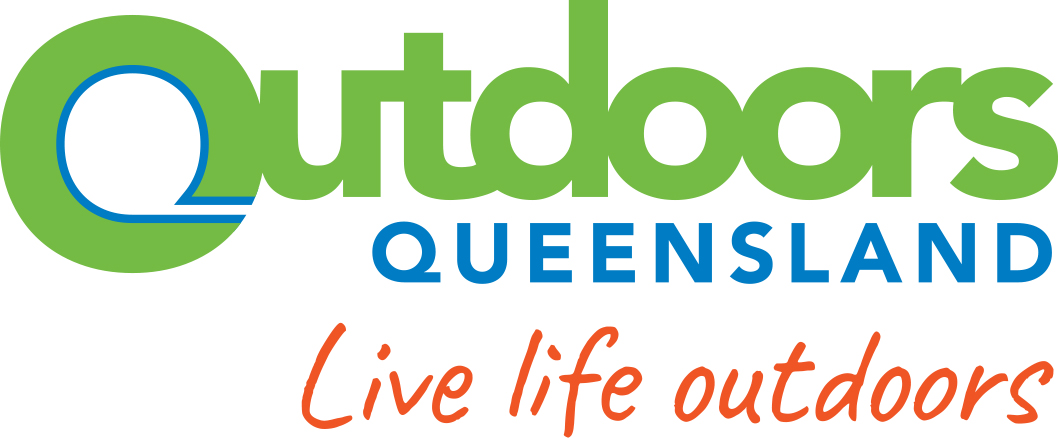
Nature Play QLD
Increasing the time Queensland children spend in unstructured play outdoors and in nature

http://www.natureplayqld.org.au
Vision
For unstructured outdoor play to become a normal part of every child life in Queensland, so that they can develop into resilient, healthy and creative members of the community.
Mission
To work innovatively and collaboratively to make nature play a normal part of childhood again.
Rewilding Benji
Useful Links & Resources
Stop Telling Kids to “Be Careful” and What To Say Instead
Saying “Be Careful!” to children is probably one of the least helpful things we can say to them. First of all, it’s not specific enough. “Be Careful!” could mean “watch out for the poison ivy!” or “watch out the sky is falling!”. When you tell a child “Be Careful!” it usually doesn’t get the response you’re hoping for, either they’ll give you a look of confusion (“what’s there to be afraid of?”), ignore you (“this isn’t scary!”) or start crying (“something really bad is about to happen!”).
The other problem with saying “Be Careful!” is that it instills fear. It teaches kids that they should avoid taking risks, trying new things and making mistakes because bad things could happen, an yes bad things can happen, but kids need to engage in risky and challenging play for healthy growth and development.
What To Do and Say Instead
Breaking the Habit!
Imagine this scenario: Your child is climbing up a small tree and the slim branches are bowing under her weight. In a flash your brain calculate multiple scenarios, all of them end badly. Even though your child isn’t in immediate danger you want to call out “Be Careful!”, here’s what you can do instead:
STOP: Notice what you are about to say and tell your brain to “STOP!” or “PAUSE”.
BREATHE: Acknowledge how you feel and take a deep controlled breath.
REFLECT: Look at the situation with fresh eyes and ask yourself:
- What is the potential for serious harm?
- Why does this situation make me feel uncomfortable?
- What skills is my child learning right now?
RESPOND: There isn’t one right response for every situation. If your child is in danger by all means do act quickly! However, some situations might require you to do nothing and other situations might require you to help your child foster awareness or problem solve.
DOWNLOAD: What to Say to Kids Instead of “Be Careful!” (PDF)
Source
Backwoods Mama
Do children today live in environments that are too safe? What does having some level of risk mean for the development of the child? Have we become so risk-averse that children are now developing problems because of a risk-free environment? If so, what can we do, and what risks are “good risks”
Griffin Longley at TEDxPerth
Learning from Trees

Life Lessons for Future Generations
This report explores the skills and attributes children need in order to help them deal with future challenges. It combines Australian and international peer-reviewed academic research with the results of a snapshot survey of 200 teachers. The survey was designed and commissioned by Planet Ark and conducted online by consultants Kimberlin Education in April 2017.
Outcomes from the Nature Play Symposium 2017
Just For The FUN Of It!
Sat 11 March 2017, Gold Coast
Outside Play
take a risk, go play outside
An online tool to help parents and caregivers gain the confidence to allow their kids to engage in more outdoor play (Canadian)







